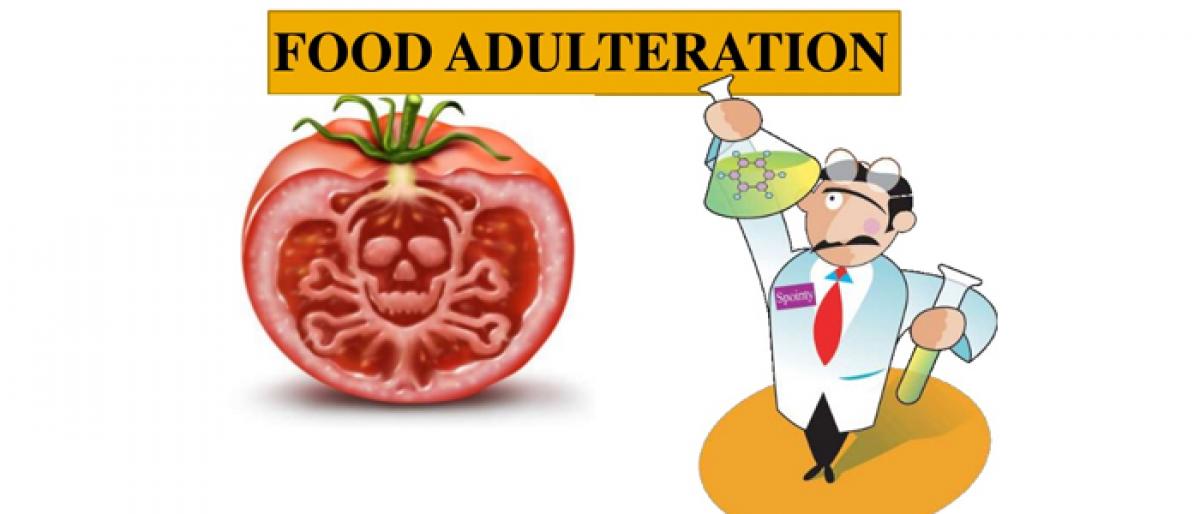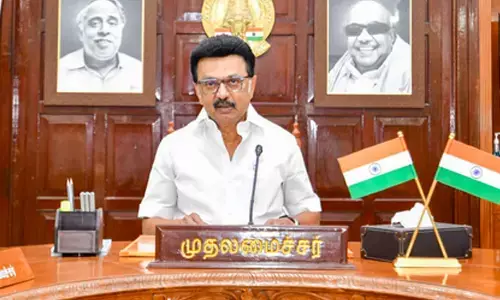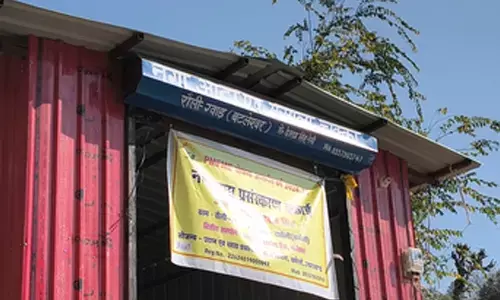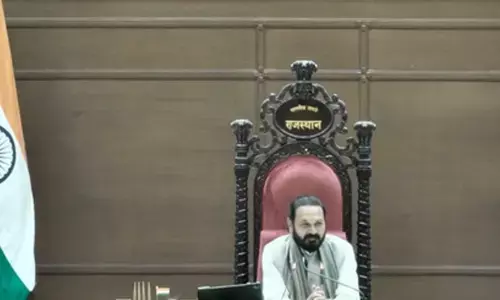Curbing adulteration of agricultural produce : HC suggests large scale testing, returns

The Delhi High Court suggested on Thursday that measures like largescale testing and sending back adulterated food products to the manufacturer or farmer should be taken to curb adulteration of eatables, especially fruits and vegetables, by chemicals
New Delhi: The Delhi High Court suggested on Thursday that measures like large-scale testing and sending back adulterated food products to the manufacturer or farmer should be taken to curb adulteration of eatables, especially fruits and vegetables, by chemicals.
A bench of Justices Sanjiv Khanna and Chander Shekhar said, "something has to be done" to ensure that people do not consume adulterated products as it could lead to "extremely serious health problems".
The court said testing on a vast scale was the only way to find out if the adulteration, like use of ripening agents like calcium carbide, was being done by the farmers or the retailers/traders.
It said the Delhi government's Agricultural Produce Market Committee (APMC) can carry out the testing exercise by deploying mobile vans which can go from place to place in the national capital and check the agricultural produce coming here from other states.
"Checking and testing has to be on a vast scale and on a daily basis. High time we have the mobile vans to go from place to place for checking and testing," the bench said.
The court also said that the Delhi government can also take help of private agencies working in the field of agriculture. It asked the government to consider the feasibility of having a system to test 10-20 per cent of the food that comes into Delhi from outside.
The bench directed the Delhi government to file an up to date status report indicating details of the sampling and testing carried out by the food safety inspectors. With the direction, the court listed the matter for further hearing on September 27.
The court was hearing a PIL petition initiated by it on its own and two other pleas by private individuals seeking directions to the authorities to take steps to curb use of pesticides and other chemicals on food products, especially agricultural produce, coming into the national capital.
Earlier, the high court was informed that in many vegetables and edible items, pesticide residue was found to be beyond permissible limits. The court was also told earlier that owing to the shortage of food inspectors, such vegetables and fruits reach households, thus posing a serious threat to people’s health.
According to a report filed by amicus curiae Rajul Jain in July 2017, due to excessive usage of pesticides in fruits and vegetable, "various countries have banned the import of Indian vegetables and fruits and many more were under scrutiny".
The high court had initiated the issue on its own after an NGO had found that vegetables and fruits sold in the Delhi markets contain poisons capable of causing cancer and harming the nervous system and liver.










